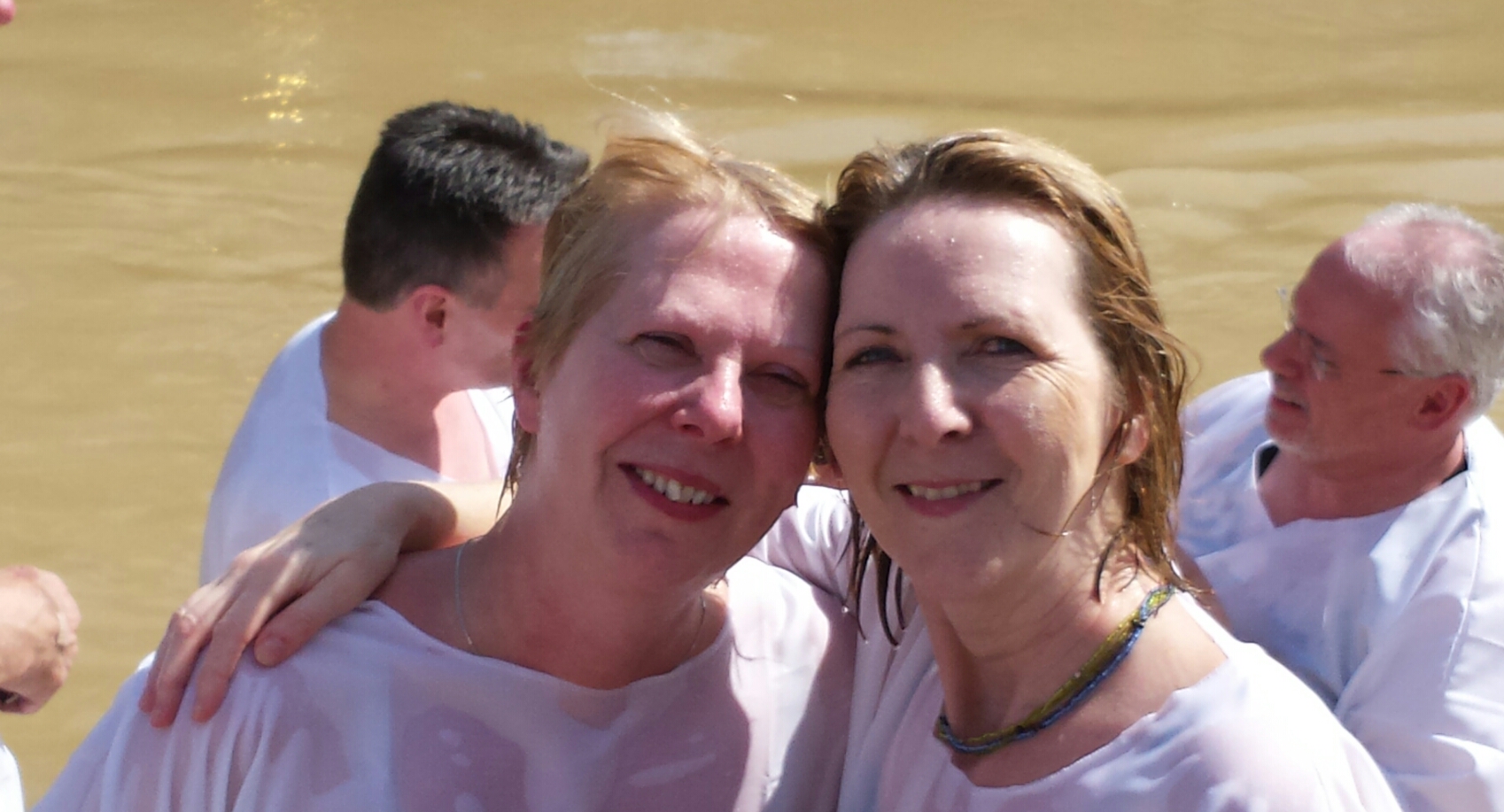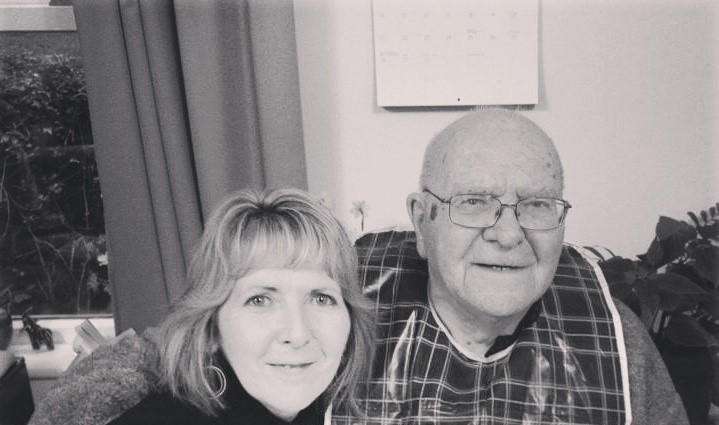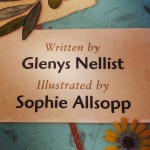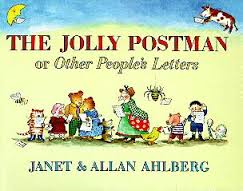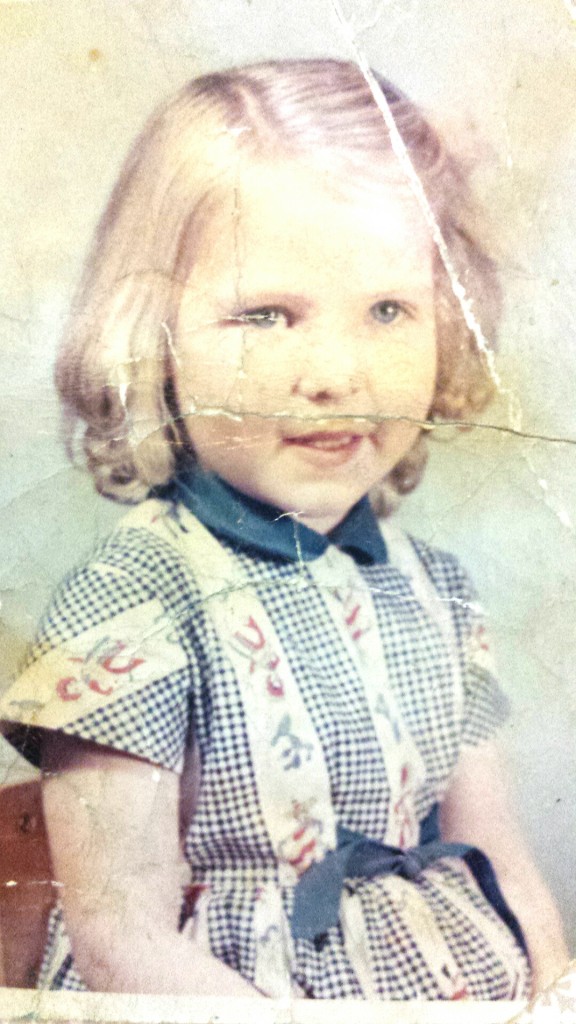
This is the only photograph I have of myself as a girl.
Just five years old, I sit in a wooden chair, wearing a beautiful little dress with blue collar and blue bow that no one else has. I know this because my clever mum made that dress just for me, in preparation for my photograph day at school. That long-ago morning she has carefully parted my hair, and clipped back my curls. None of this I remember, but the photograph whispers it to me.
And I perch on the edge of my seat and smile, in the big old assembly hall where every morning we sit in rows on the cold floor, cross-legged and straight backed, and sing 17th century hymns like John Bunyan’s He who would valiant be from the giant hymn book sheets that swing down from the wall.
I don’t remember much of my time in that British Infant school. I do remember playing in the huge sand pit outside my classroom door; I remember fumbling with two needles as I learned to knit; I remember running around the playground with my friend, whose dad drove lorries and on wonderful days would stop outside the playground gates and pass chocolate to us through the bars.
And I do remember Mrs. Moorfield.
Mrs. Moorfield had a huge hairy mole near her mouth. If you were close to her you could see the hairs quivering when she talked. I didn’t like her. But maybe I would have done if I had a different story to tell….
Mrs. Moorfield had a memorable system of teaching us to read. We would stand in a circle around her chair with our books at the ready. As we stood, we were to read silently. And when our turn came, we would step up to her chair and read out loud.
If we read without mistake, we may return to our seats. But if we stumble on a word, we must stay in the never-ending circle, and continue to walk around her chair, waiting for our turn again… by which time, we ought to have figured the word out. No clues, no help.
Just figure it out Glenys.
A little girl could end up staying in that circle for a long, long time… even if she needed the bathroom.
I am holding my Janet and John book. And I LOVE reading, and I am GOOD at it, which makes the memory even more horrible. And the very fact that I can still remember the word that made me do it… speaks for itself. I glance at Mrs. Moorfield’s hairy mole and try my best:
Janet and John stopped and looked at the siggna, I say, hopefully. I know it does not make sense. But maybe a siggna is an animal I have never heard of before.
Wrong. Stay in the circle. Try again.
Please may I go to the bathroom?
No. Not until you figure out that word.
I stay in the circle. I go past The Hairy Mole several times, each time trying to pronounce this strange word differently. I say it fast. I say it slow. But I never do figure out that:
Janet and John stopped and looked at the sign.
And then it happens. Right in front of the whole class. I am just a little girl. I just can’t wait any longer.
It’s a memory I would love to erase. But I can’t.
***
However, a few years later, in the Junior School next door, I would meet Mrs. Kelsall, the memory of whom I would never wish to erase.
I would meet her in the warm and cozy staffroom; a mysterious place; usually forbidden to us children; a glimpse into which we only ever caught when the big door swung open to reveal the roaring log fire that always burned in the grate.
But every Wednesday, it was here, with notebook at the ready and pencil in my lap, that I would write. It was here that Mrs. Kelsall would introduce me to the wonderful world of new words, and poetry that painted pictures in my mind and life changing literature.
And at eleven years old, my final day in that red bricked building, when the bell clanged for the last time, and the doors flew open to release excited children to the High school, Mrs. Kelsall was waiting for me at the gate, with a gift of five little words that I would never forget:
Glenys. don’t. ever. stop. writing.
I never did.
Mrs Kelsall will never know the impact she had on my life. She will never know how much she encouraged me; how she restored my faith in teachers; how she helped me to try to be an encourager myself; how she inspired me to be an author.
But I know.
And God knows.
And maybe that’s all that really matters.
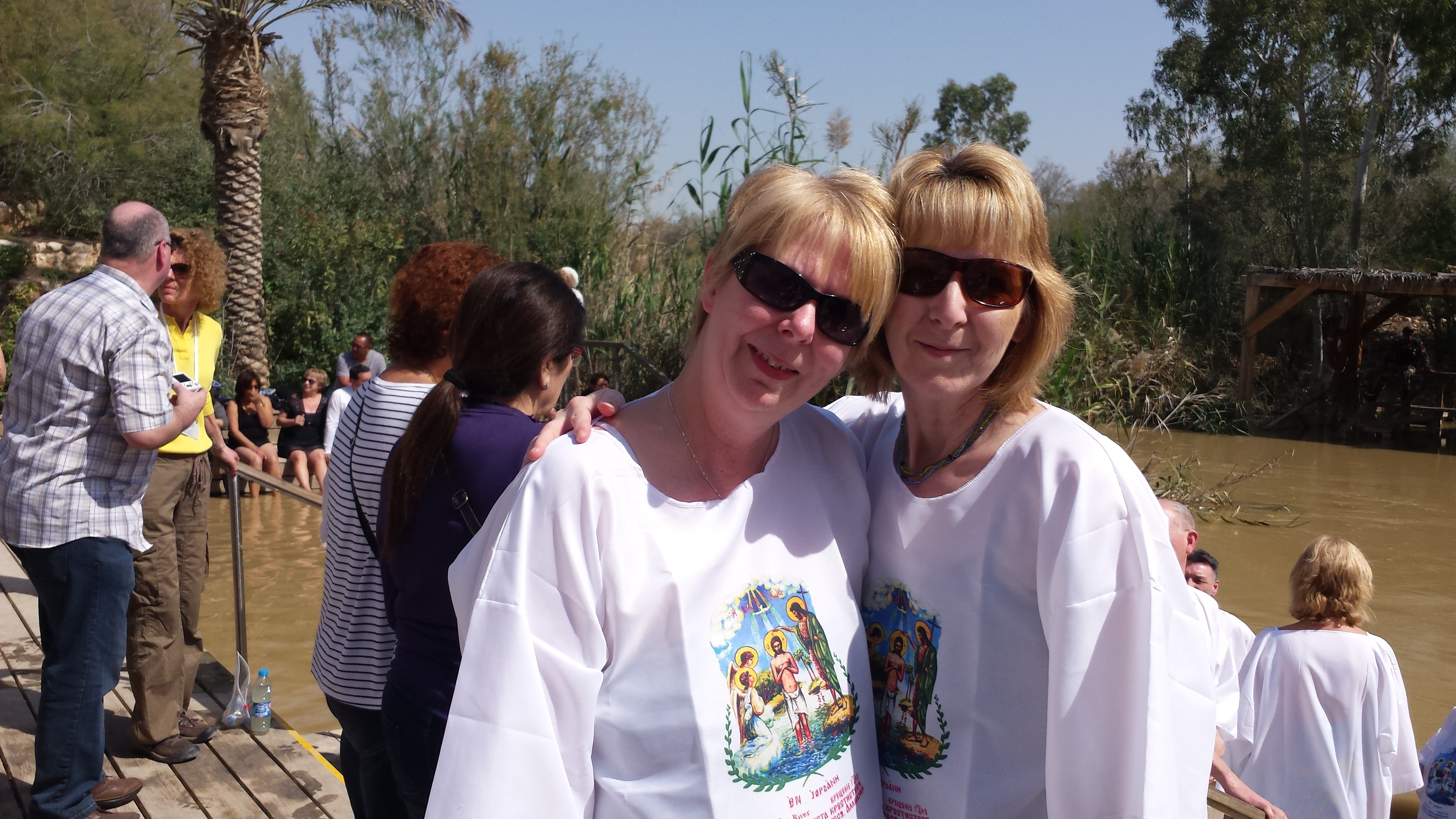 I’m only nine years old. She is not yet twelve. She takes my hand and we step up to the altar and fall to our knees in surrender.
I’m only nine years old. She is not yet twelve. She takes my hand and we step up to the altar and fall to our knees in surrender.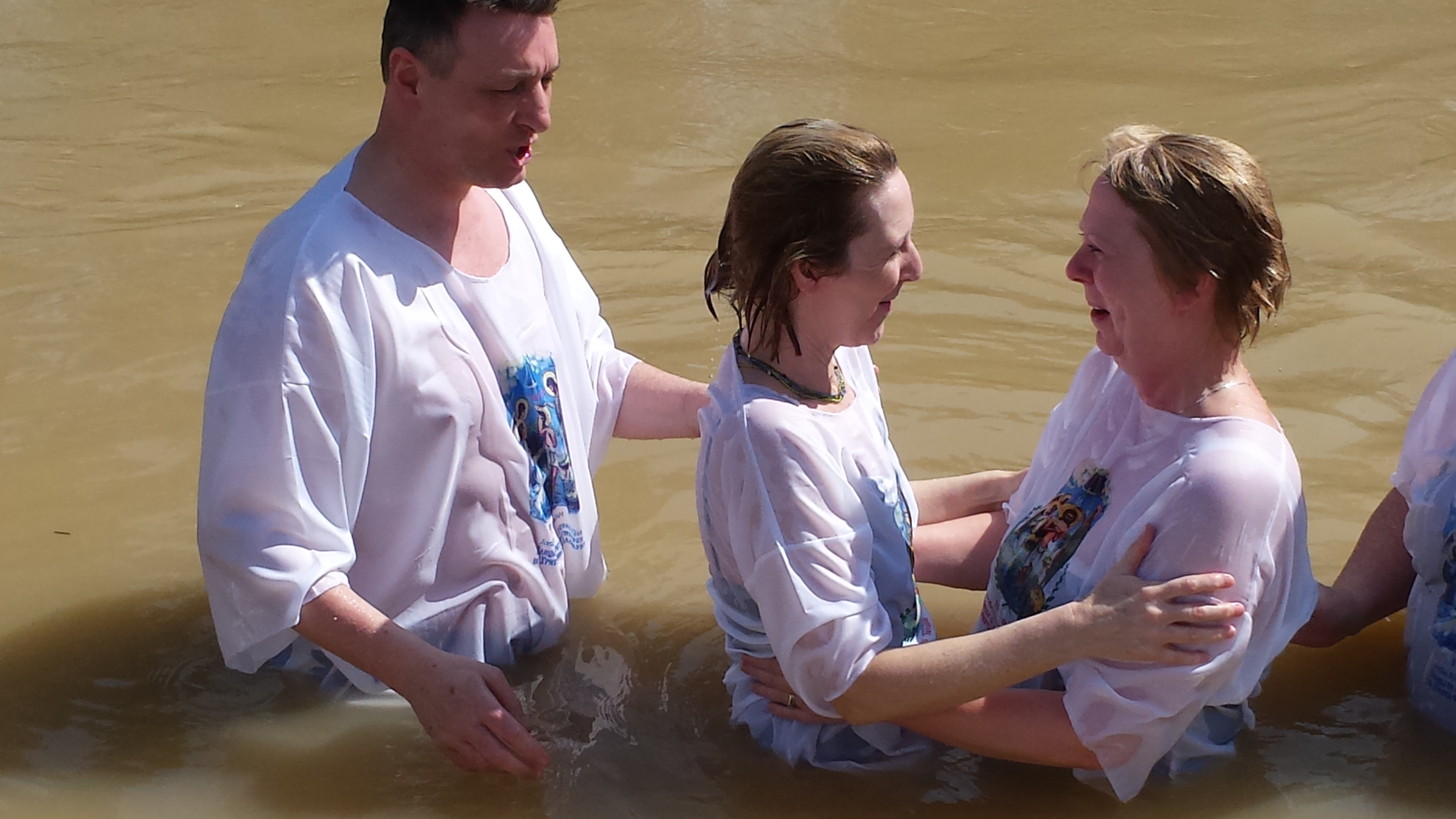 And as we rise from the river, three white doves fly overhead. ..
And as we rise from the river, three white doves fly overhead. ..
